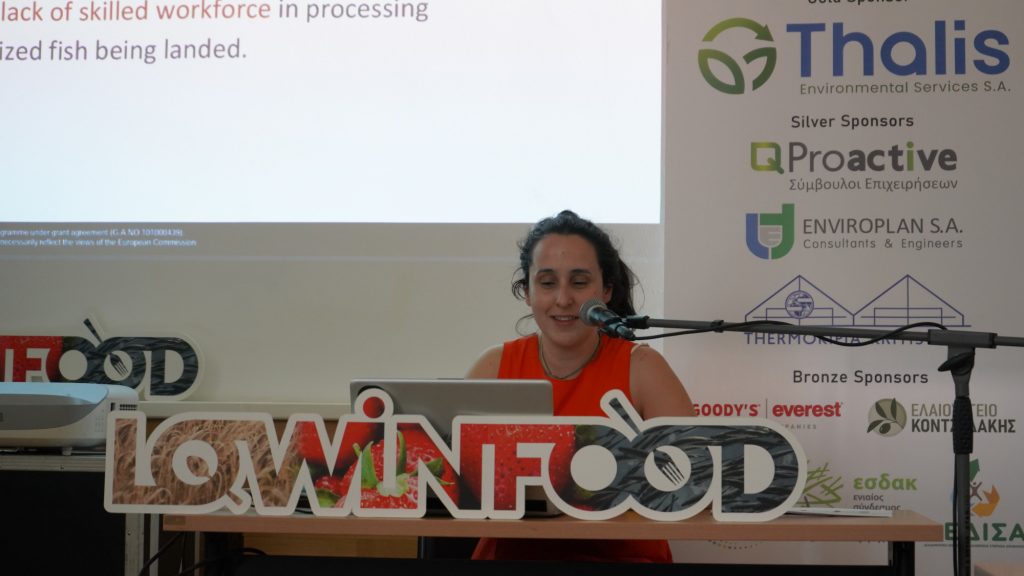
Insight from the dialogue between Scottish Fish Value chain stakeholders
On 26 September 2024, at the Retaste Conference, LOWINFOOD partner Nazli Koseoglu (The James Hutton Institute) presented the results of the analysis of interviews with fish industry stakeholders, carried out as part of the implementation of the dialogue between fish industry stakeholders, one of the social innovations implemented and tested in LOWINFOOD to the seafood industry in Scotland – a country in which this sector plays a significant role socially and economically.
Social dynamics have been identified as a driver of loss and waste in food supply chains, especially in the case of highly perishable products such as fish. The LOWINFOOD approach hypothesised that lack of coordination leads to resource loss, and more efficient resource use can be achieved by encouraging collaboration between supply chain stakeholders. Therefore, they included academics, innovators, and policymakers as key industry players to further contribute to successful coordination to reduce loss and waste.
Results from the analysis suggest that many supply chain stakeholders believe they are efficient in allocating biomaterials to the most profitable and sustainable use along the waste hierarchy, with ‘waste’ rarely being mentioned due to the high value of seafood products. Nevertheless, the transaction costs for removing, though small, efficiencies and for adding higher value to by-products remain high, and waste quantification is poor. Topics such as the offshore disposal of unwanted catch remain difficult to discuss and assess.
Share on Facebook Share on Twitter Share on Pinterest